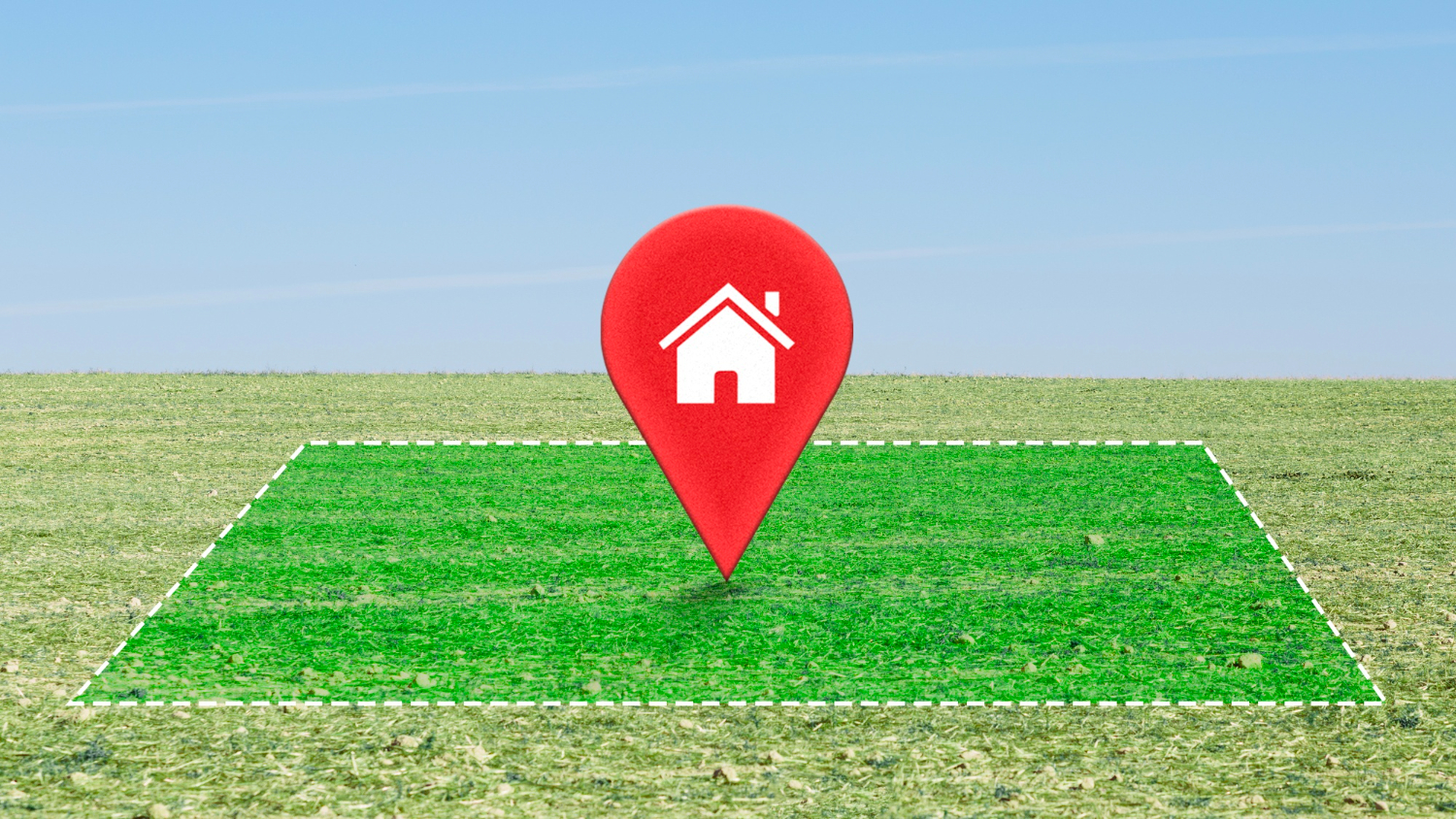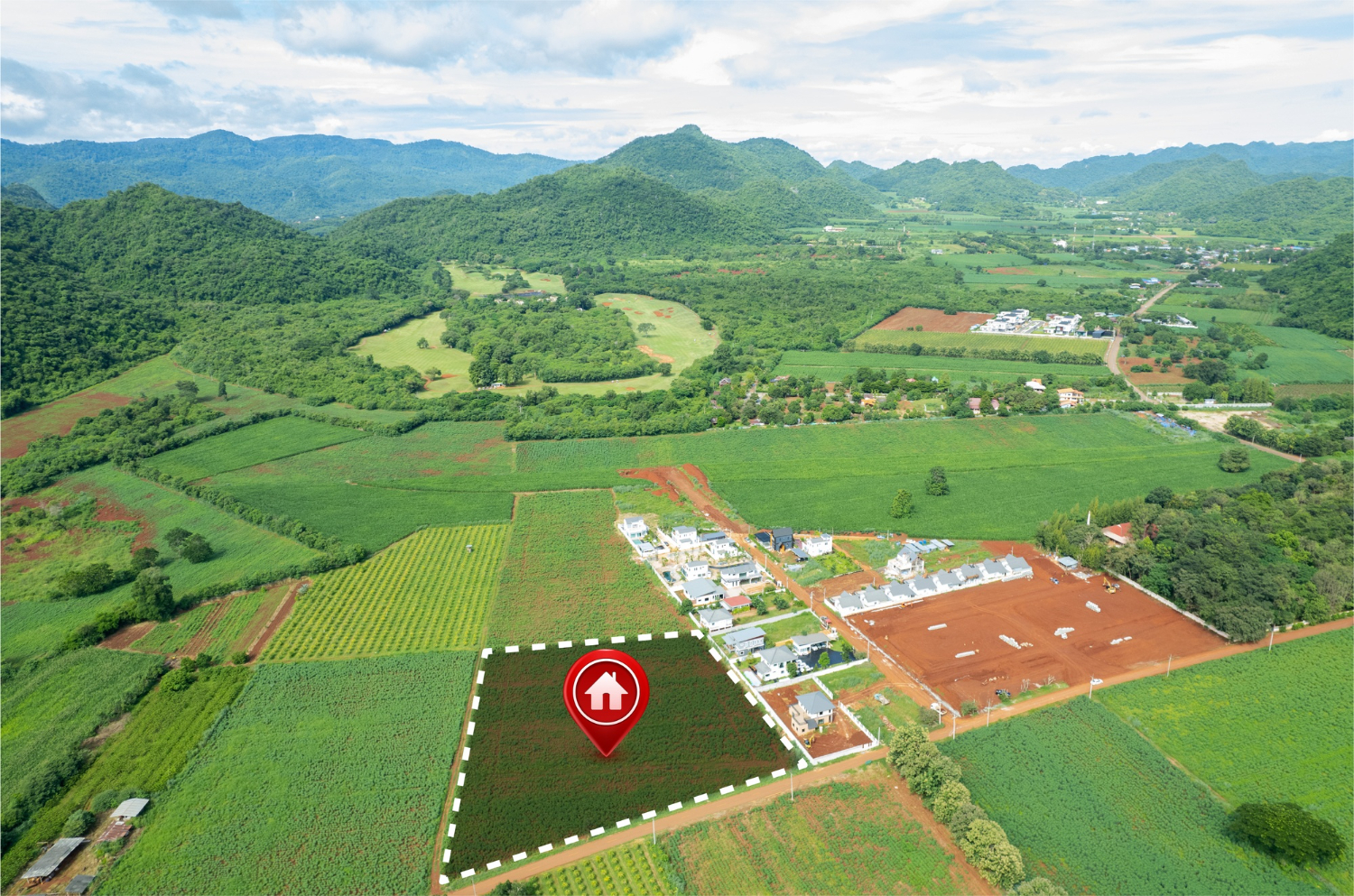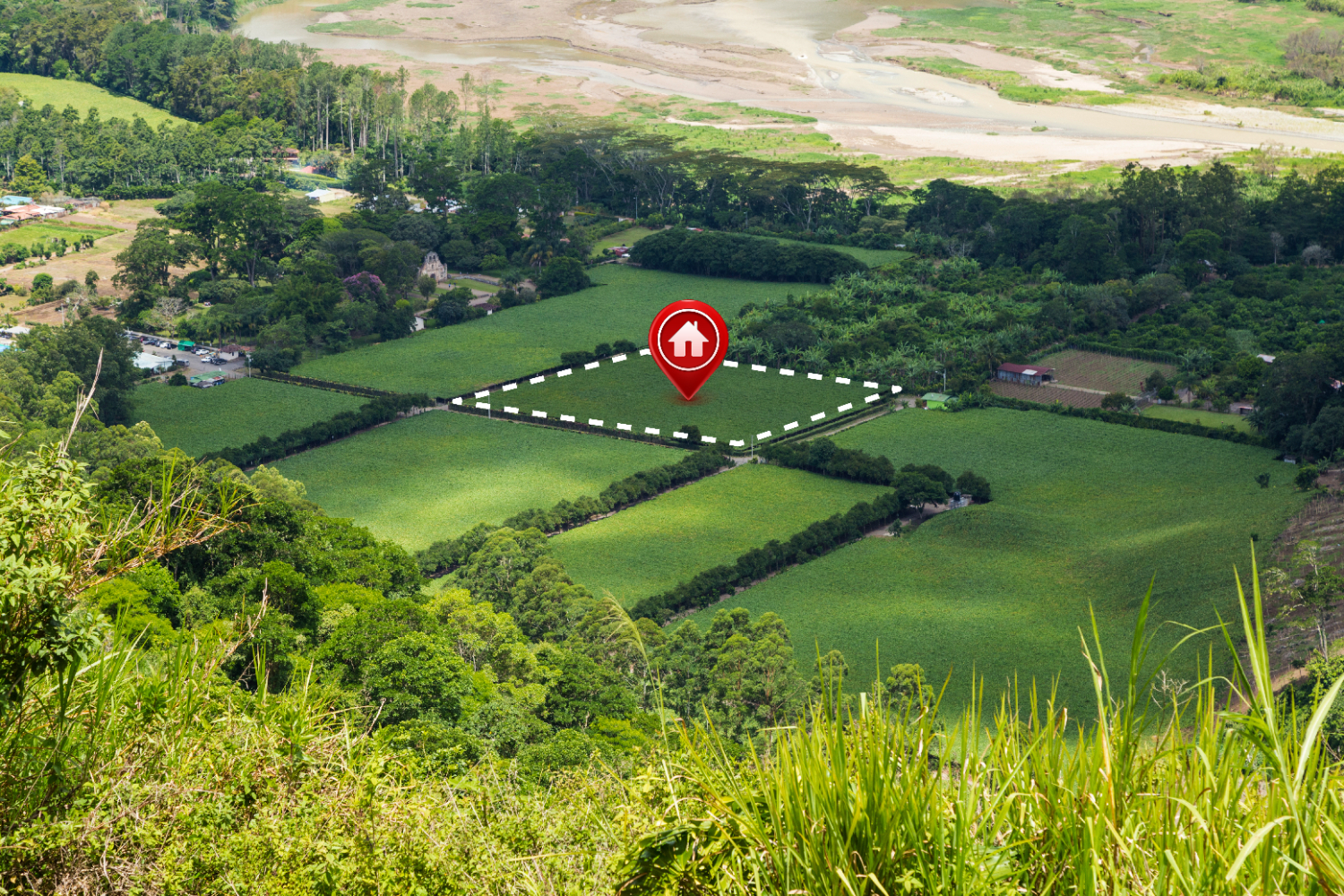Estimating the value of a piece of land is essential for landowners who are planning to sell or develop a property. A comprehensive understanding of land valuation methods will help you make informed decisions and maximize your property’s potential. Obtaining an accurate valuation can serve as a strong starting point for negotiations, attract serious buyers, and facilitate a smooth selling experience. Additionally, understanding the factors influencing your property’s value will empower you to make strategic improvements, enhancing its overall appeal and marketability.
In this beginner’s guide to land valuation, we’ll delve into the various methods and factors impacting the appraisal process. Learn how to utilize and combine valuation techniques to obtain a compelling and justifiable estimate of your land’s value. Explore the influence of location, zoning regulations, accessibility, and more on a property’s worth. By grasping these vital land valuation concepts, you’ll be well-equipped to begin the land-selling or development journey with poise, expertise, and confidence.
Navigating land valuation can be complex, but the rewards of mastering this skill are invaluable. Discover this comprehensive guide on land valuation methods, their applications, and key considerations for landowners seeking a seamless and successful real estate experience.
1. Land Valuation Methods: A Comprehensive Overview
Multiple land valuation techniques can be applied, depending on the nature of your property and the purpose of the appraisal. Familiarizing yourself with these methods will help you select the most appropriate approach for evaluating your land’s value.
Comparable Sales Method: The most commonly used technique, this method compares the price of recently sold properties of a similar nature within the same vicinity. Analyzing comparable sales data provides a reliable guideline to estimate the value of your land. However, this method has limitations, especially if your property is unique or lacks any similar sales in the area.
Residual Land Value Method: Applicable to properties with development potential, this method calculates land value by estimating the projected gross development value (GDV) of the final project, subtracting development costs, and factoring in the developer’s desired profit margin. This method provides a value based on a property’s future development potential, rather than its current state.
Income Capitalization Method: Suitable for income-producing properties like commercial or rental land, this method estimates land value by capitalizing the property’s net operating income (NOI). Capitalization rates are market-driven and can provide insights into buyers’ expected return on investment.
Cost Approach Method: Particularly relevant for properties with structures or improvements, this method calculates the cost of replacing existing buildings or improvements, while factoring in depreciation. This method ensures that the land’s value reflects the current condition of its buildings and structures.
2. Factors Affecting Land Value
Numerous factors can impact land value, and understanding their influence will empower you to make strategic decisions about property improvements or development opportunities.
Location: The property’s proximity to urban centers, amenities, transportation hubs, and desirable attractions can significantly influence its value. Properties in prime locations or near scenic natural features are often more valuable than those in remote or less attractive areas.
Zoning and Land Use Regulations: Local zoning controls guide the types of development permitted on a property, greatly affecting its potential value. Landowners should have a solid understanding of zoning regulations and allowed uses, as these govern how the property can be developed and ultimately impact its value.
Accessibility: The availability of reliable transportation links, roads, or public transit is crucial in determining a property’s worth. Properties with easy access to major roadways, highways, or public transit systems generally command higher prices.
Topography and Soil Conditions: The nature of the land, including its slope, elevation changes, soil quality, and drainage, can either hinder or enhance a property’s value. For instance, flat land with favorable soil conditions may command higher prices, as it can be developed more easily than land with significant topographical or soil challenges.
3. Expert Tips for Landowners: Maximizing Property Value and Market Appeal
By adopting these strategic tips, landowners can optimize their property’s value and maximize its appeal to potential buyers:
Conduct a Land Survey: A current, professional land survey provides valuable information about property boundaries, easements, and encroachments, ensuring transparency and avoiding potential conflicts during the selling process.
Address Environmental Concerns: If your property has environmental sensitivities or concerns, seeking expert consultation and addressing those issues can enhance its value and appeal.
Present Clear Development Plans: If your property has development potential, it may be advantageous to present detailed, well-researched development scenarios that demonstrate how your land could be optimally utilized.
Highlight Unique Features: Emphasize any unique features or benefits of your property, such as stunning views, water sources, mature forests, or recreational opportunities. These aspects can make your property stand out and attract higher offers.
4. The Role of Professional Appraisers in Land Valuation
While it’s crucial to have a strong understanding of land valuation methods and factors, consulting with a professional real estate appraiser can add credibility to your property’s estimated value. Professional appraisers adhere to established guidelines, consider market trends, and provide impartial, well-supported valuation reports that can serve as a reliable foundation for pricing your property.
Master Land Valuation Techniques to Foster Real Estate Success
Armed with knowledge of land valuation methods, factors that influence value, and expert tips to enhance property appeal, landowners are poised to navigate the property market with success. By accurately appraising your land’s worth, you’ll be well-positioned to negotiate optimal sale terms, attract serious buyers, and streamline the selling process.
If you need guidance on land valuation or require professional support to reach your desired outcome, the team at 7Land Corp is dedicated to assisting you on your journey. With our expert insights, innovative tools, and tailored solutions, we’re committed to ensuring your land selling experience is smooth and profitable. Reach out to us today to elevate your real estate success.




